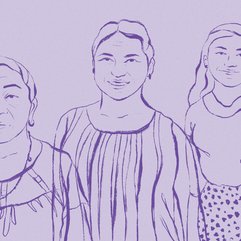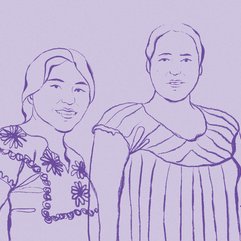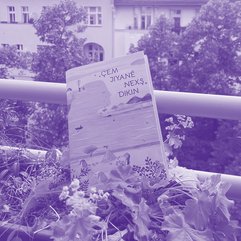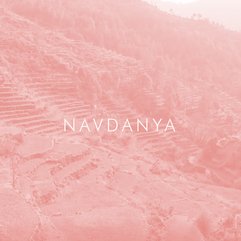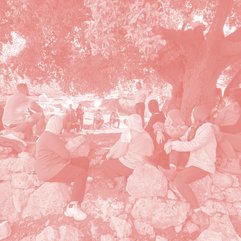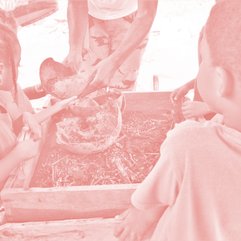Sowing Possibilities Beyond One’s World
A conversation with Edizon Cumes from Project Parutz
19.30-20.30
Save the Date
all ages welcome
in Spanish/in English

What happens when we unlearn the idea of a single world — one science, one technology, one way of knowing? In this gathering, Edizon Cumes from Proyecto Parutz, brings forward the ancestral technologies that have sustained life beyond the borders of the colonial imagination. He asks what it means to speak of science when the earth has always known how to listen, how to adapt, how to teach?
Building on Aura Cumes’ “the world of one,” Edizon reflects on the colonial system of domination that positions Western bodies as universal subjects — a single color, a single language, a single truth — and therefore, a single way of producing knowledge.
In doing so, colonial language categorizes Indigenous practices as customs and traditions, forcing them into repetition and denying its transformation. But the milpa, the ancestral maize-growing system, is never static: each shift in the wind, each variation of rain, demands new readings of the climate. The rhizobium that binds nitrogen to the soil, the terraces that hold water and resist erosion — these are not traditions but technologies, forms of biotechnological intelligence that sustain worlds.
During this public talk, we will trace the intelligence of roots and rivers, the quiet architectures of seeds, and together with Edizon and Project Parutz, call for a science of relation, a technology of care and reciprocity.




